Greek Mythology
-
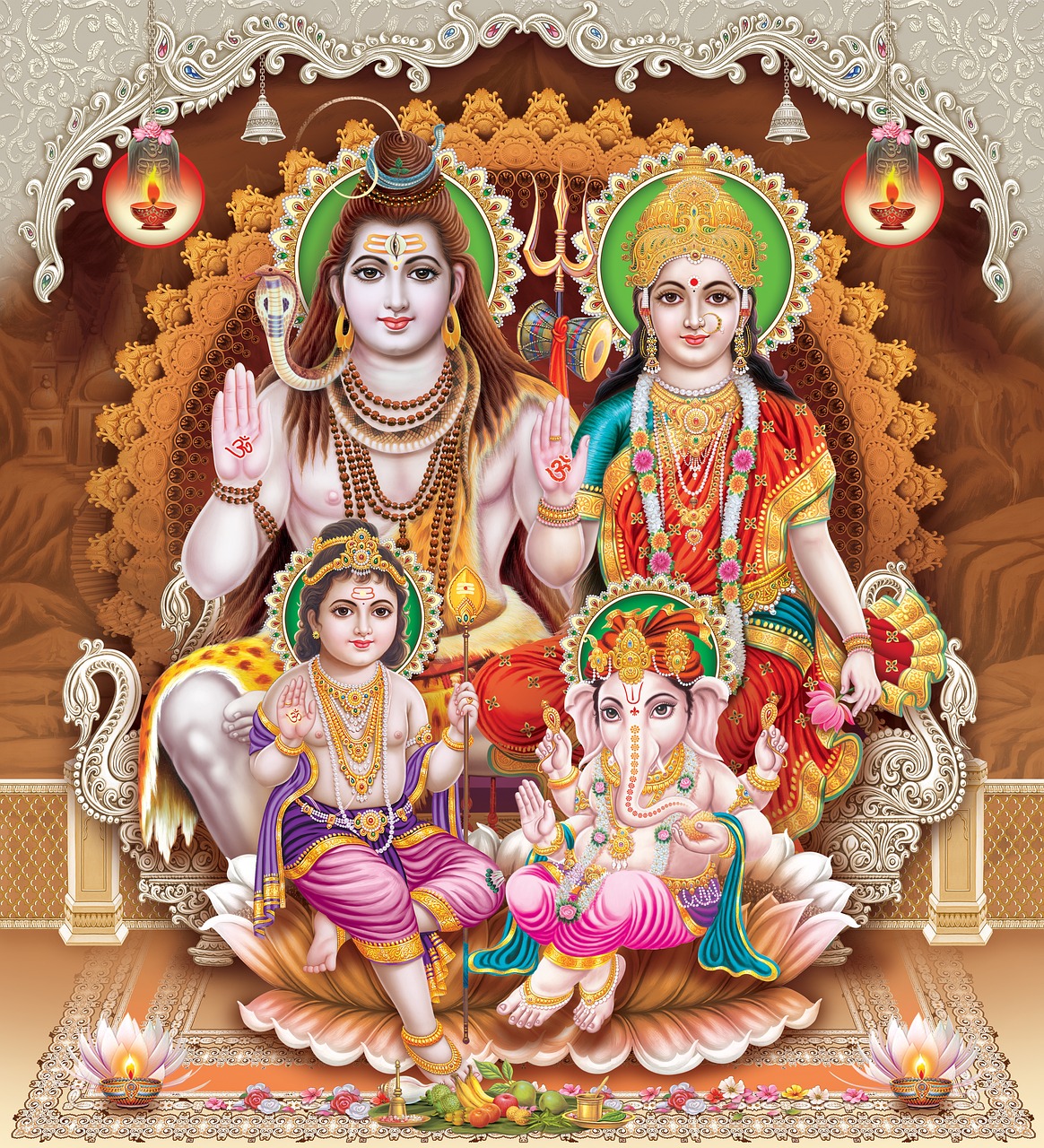
Greek mythology represents a collection of narratives about deities, heroes, and ancient rituals. Dating back to Classical antiquity, these tales, while often containing fictive elements, were generally received as truth by the common people. Philosophers like Plato, active in the 5th century BCE, acknowledged their fictional aspects, yet the myths retained profound significance in Greek…
-
Gaea (Gaia): The Primordial Goddess of Earth Gaea, also known as Gaia, was the embodiment of the Earth and held a revered position as a primordial deity in Greek mythology. According to ancient tales, she emerged at the beginning of time, representing the very foundation of creation and nurturing all life forms. As the Great…
-

Hermes: The Messenger of the Gods Hermes, recognized as the Olympian deity of a myriad of domains, was integral to Greek mythology. He represented herds and flocks, travel, hospitality, roads, trade, cunning, and even athletics. Serving as the herald and personal envoy for Zeus, the ruler of the gods, Hermes also undertook the somber task…
-

Hypnos: The God of Sleep in Greek Mythology Hypnos, also known as Hypnus, personifies the essence of sleep and is an integral figure in ancient Greek mythology. Residing in Erebos, the realm of everlasting darkness that lies beyond the sunrise, he ascends to the heavens each evening alongside his mother, Nyx, the goddess of Night.…
-
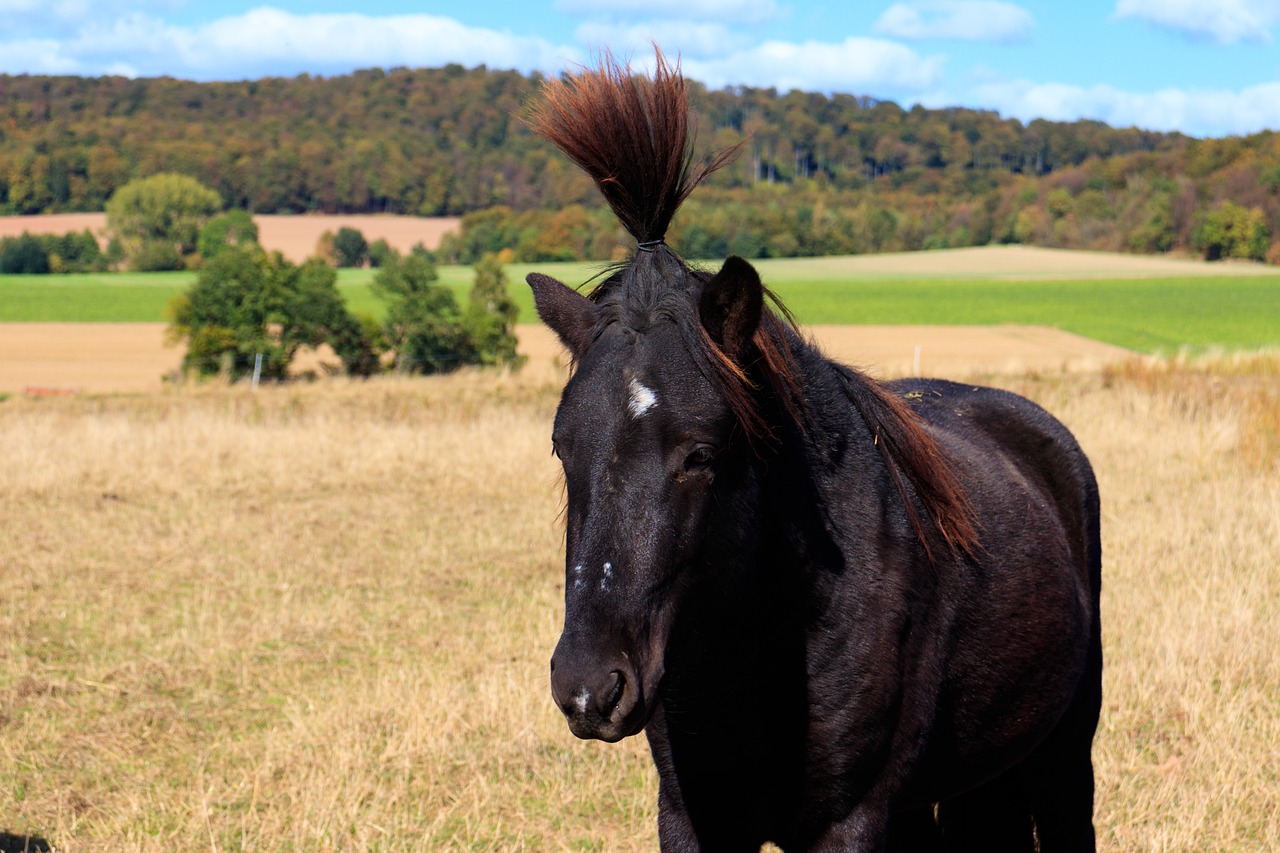
The Tale of Demeter and Persephone In the realm of Ancient Greek mythology, the tale of Demeter and her beloved daughter Persephone stands out as a poignant narrative. The people of ancient Greece cherished sharing stories of their deities, passed down through generations with great reverence and creativity. Demeter, the goddess of agriculture, played a…
-

Cerberus: The Monstrous Guardian of the Underworld Cerberus, known in Greek mythology as Kerberos, was the formidable three-headed canine that stood guard at the gates of Hades, the realm of the dead. This colossal creature not only ensured that departed souls entered the underworld but also prevented any from escaping back to the living world.…
-
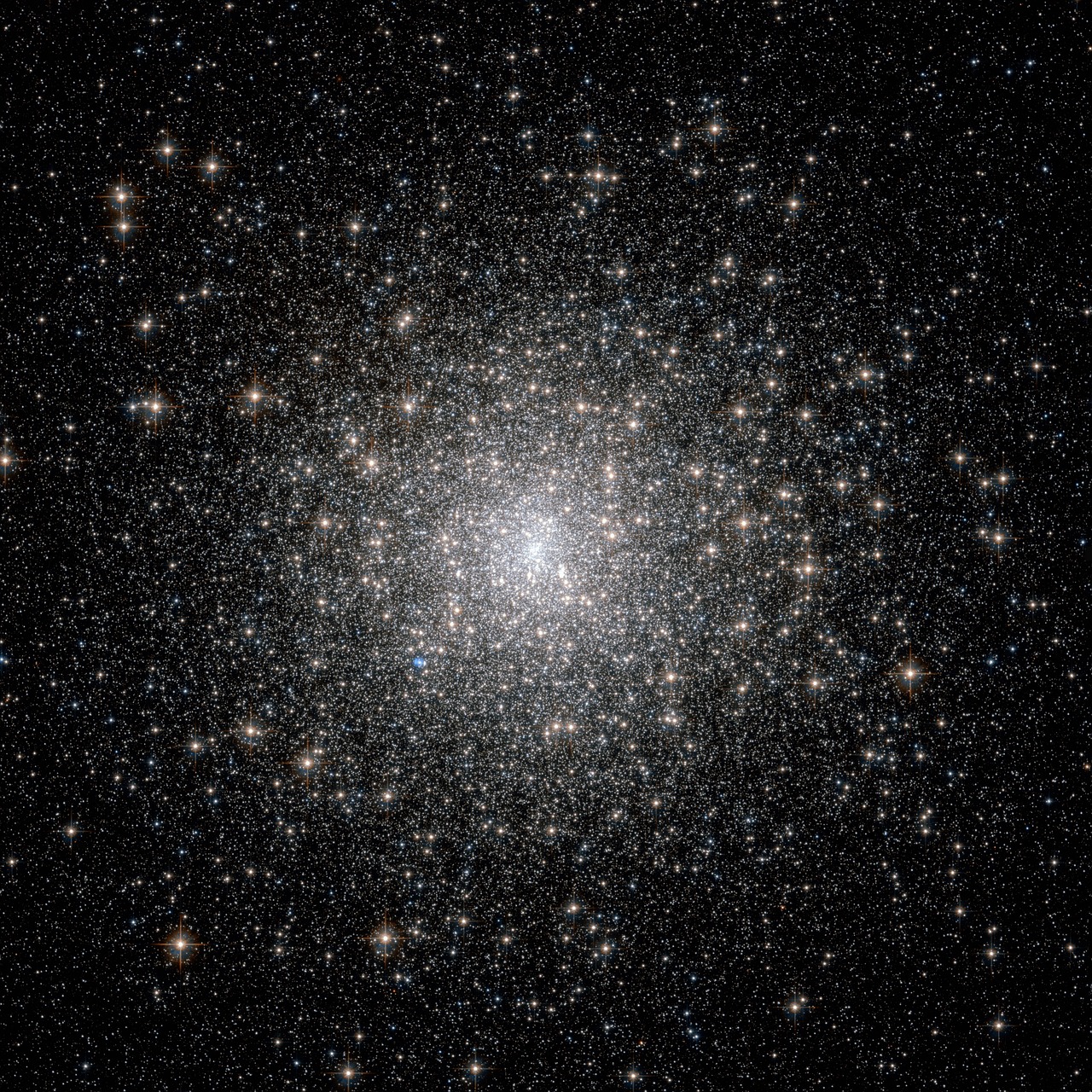
Exploring the World of Pegasi and Magical Creatures The mythical Pegasus, a winged horse from Greek mythology, captivates the imagination with its grace and beauty. From 3D renderings to intricate illustrations, Pegasus has been depicted in various art forms, emphasizing its ethereal presence. One striking portrayal shows a silver metal Pegasus soaring against a white…
-
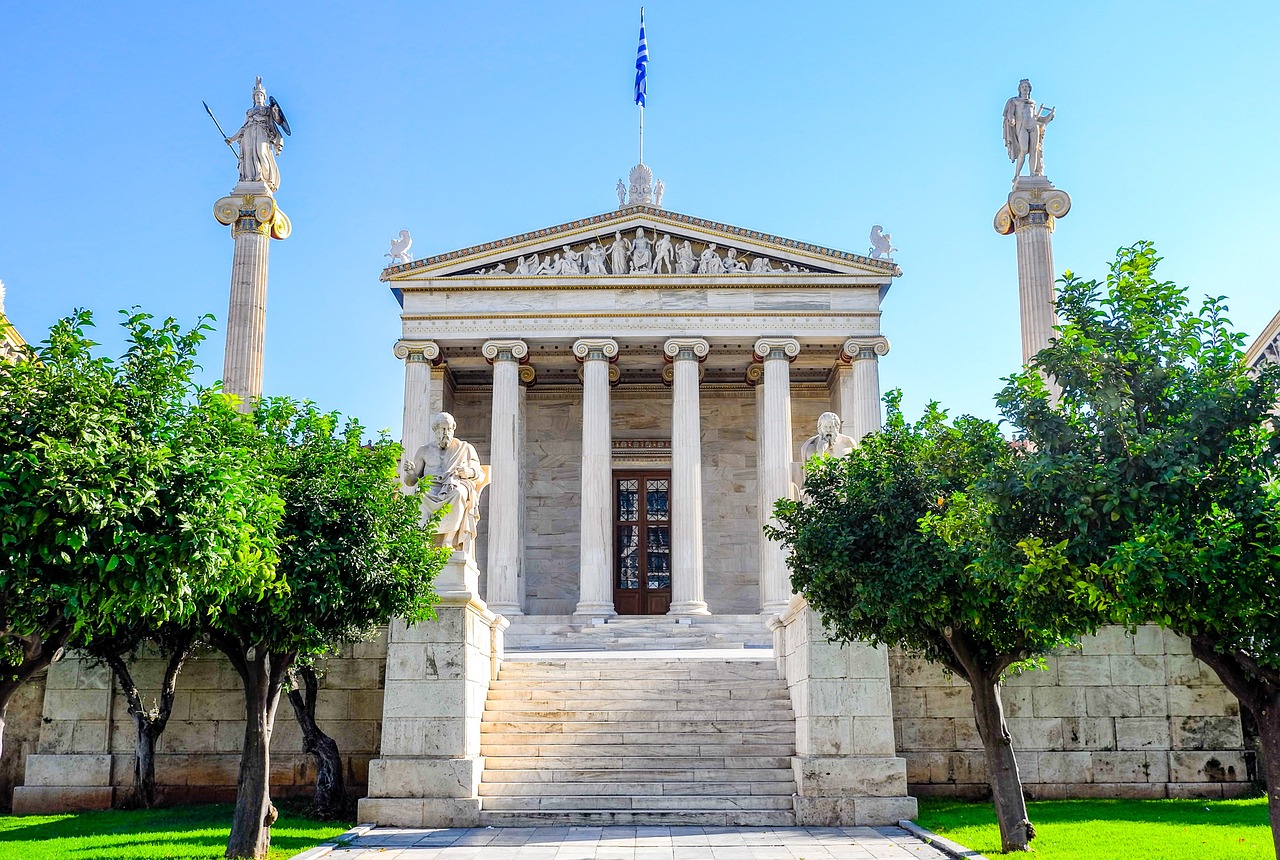
Athena, a prominent figure in Greek mythology, is revered as the goddess of wisdom, strategy, and warfare, and is often lauded for her guidance in various aspects of life, particularly in matters relating to the city and its defense. Unique in many respects, she stands as a symbol of civilized society and urbanity, contrasting sharply…
-
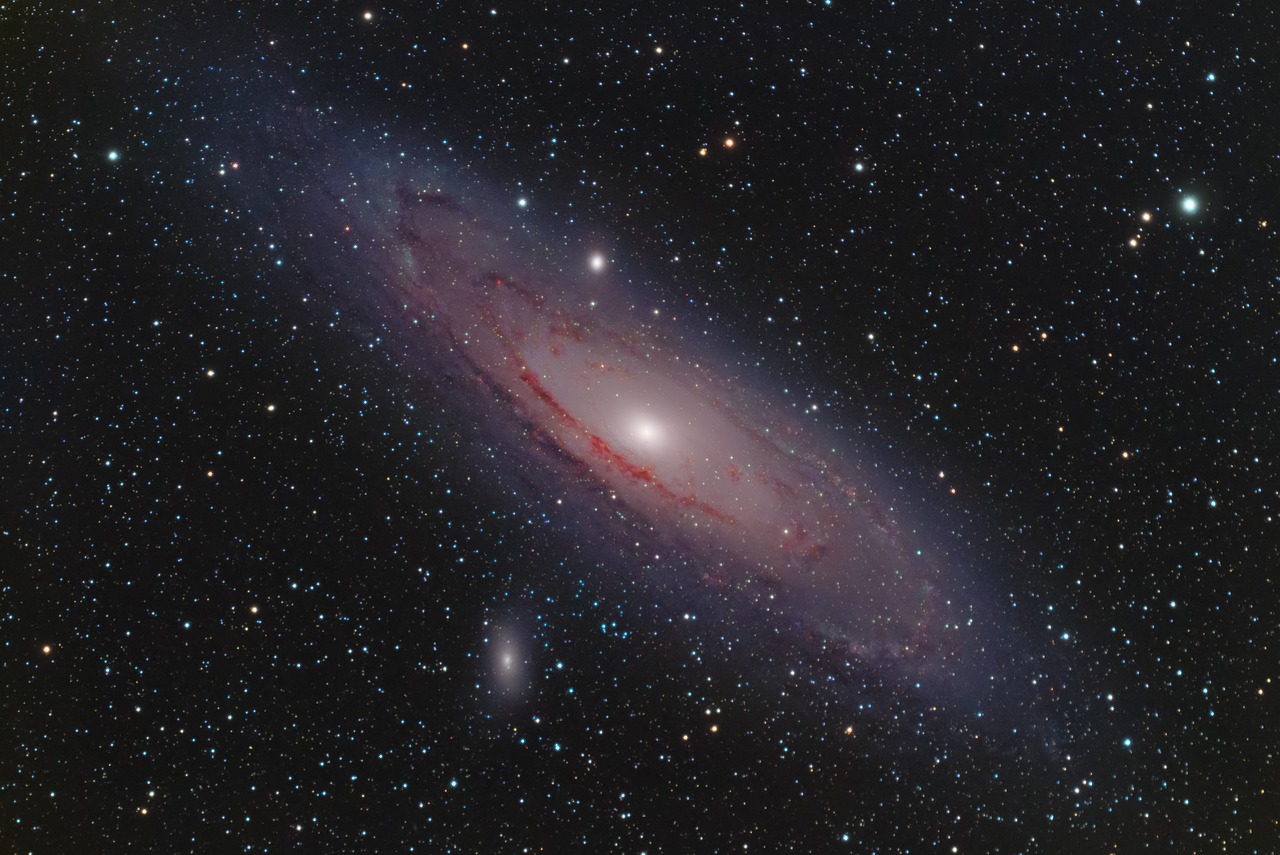
Author’s Note: This narrative serves as a reimagined beginning of the mythological tale of Perseus and Andromeda, told from Andromeda’s perspective, intricately woven into the historical tapestry of Ancient Ethiopia—the original backdrop for this profound legend. This piece is a tribute to Andromeda’s fragmented monologue in Euripides’ play, emphasizing those lost sentiments. For those seeking…
-

Rhea, sometimes known as Rheia, stands out as one of the central figures among the Titans, born from the union of Gaia (the Earth) and Uranus (the Sky). She represents the Earth in a nurturing capacity, embodying the powers of fertility and motherhood. As part of the second generation of Greek deities, Rhea holds the…


